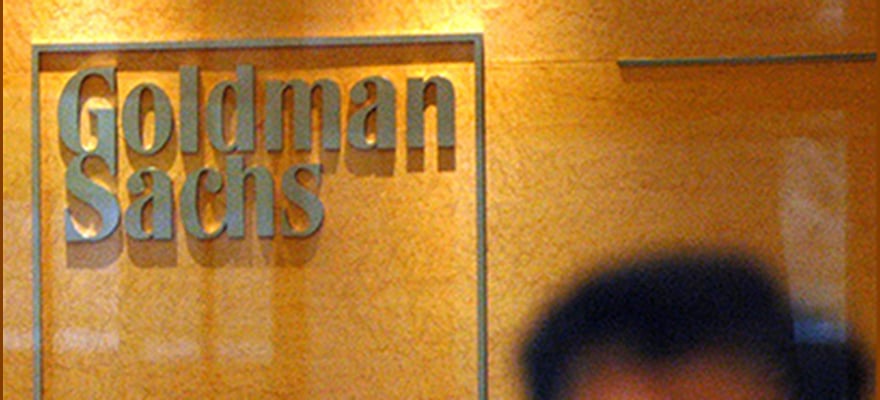Goldman Sachs (NYSE:GS), the investment banking behemoth, wants to use blockchain technology to replace the traditional foreign exchange (FX) market, according to a . Last year it was revealed in a similar manner that the bank was working on a Cryptographic Currency For Securities Settlement or a so called “”.
In its application, Goldman lists problems both with the way FX trading is currently being handled and what it perceives as problems with cryptocurrencies. It says that financial transactions on the FX market can involve substantial settlement risk because they generally comprise two parts.
As for cryptocurrencies, it mentions Bitcoin and Ripple and explains that they may hide the identity of a specific party by using arbitrary account numbers that are not easy to attribute to a specific real-world party, but large financial institutions (e.g. central banks) cannot rely on it because the sheer size and volume of their transactions may reveal their identity to the general marketplace. Moreover, they, lack identity checks that aid regulators with policing anti-money laundering (AML). The bank concludes that “As such, there is a need for new systems and methods that can process transactions as swiftly as Bitcoin or Ripple without sacrificing the privacy of the parties involved.”
Goldman says its proposed blockchain system uses authentication techniques to verify identifying information and perform know-your-customer (KYC) or anti-money laundering (AML) checks. The system uses cryptographic codes to authenticate electronic signatures appended to data messages by comparing the electronic signatures to hashes obtained from processing the data messages with a public key of the signing party.
Its systems and methods, the bank explains, address the problem of the significant time delay that arises in current exchange processes by providing a system architecture that can operate in substantially real-time. They further claim to address the problem of disclosing information about account balances or transactions to third parties that do not need to know and thereby can reduce the cost of making transactions compared to current exchange processes.





Be First to Comment